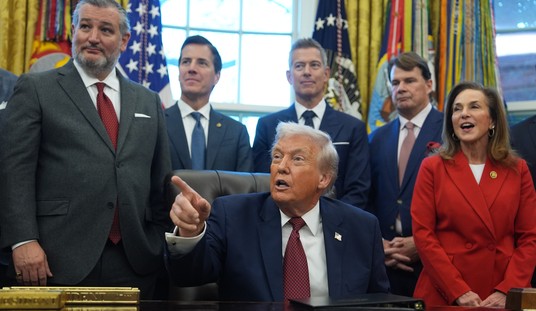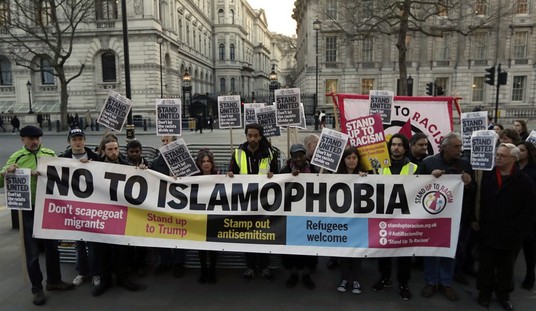Ecuador’s government has only just received an asylum application from Edward Snowden and warns that it might take weeks or months to make a decision about it, but it appears that they are already making preparations for its approval. The small South American nation on the Pacific has enjoyed a generous trade deal with the US for its cooperation in narcotics-interdiction efforts. Today, however, Ecuador suddenly renounced the deal, claiming that the US uses it for imperialism and interference — and offered to send $23 million to the US for education in human rights:
Ecuador unilaterally cancelled its trade deal with the United States on Thursday and offered to give the country $23 million a year to help with its “human rights” education in the latest twist in the two countries’ showdown over NSA leaker Edward Snowden.
The move aims to reject lawmakers’ “threat” not to renew an expiring preferential trade deal with Ecuador if the country grants Snowden’s request for political asylum, Communications Secretary Fernando Alvarado told reporters in Quito. Snowden remains in the transit area of the Moscow airport and Ecuador has said it could take months to process his application.
“Ecuador gives up, unilaterally and irrevocably, the said customs benefits,” Alvarado said, according to Reuters. “What’s more, Ecuador offers the United States economic aid of $23 million annually, similar to what we received with the trade benefits, with the intention of providing education about human rights.”
Yesterday, Senate Foreign Relations chair Robert Menendez threatened to block renewal of the pact if Ecuador granted Snowden asylum, which President Rafael Correa called “blackmail.” However, the deal delivered badly-needed open entry to US markets for energy (oil) and agricultural products, such as fruits, roses, and other floral products:
The ATPDEA agreement was initially signed by President George H.W. Bush in December 1991, allowing the countries involved to sell goods to the U.S. without paying import duties. It was designed to boost trade between the U.S. and Bolivia, Colombia, Ecuador and Peru.
The idea was to incentivize alternatives to cocaine production here. Colombia and Peru now have their own free trade agreements with the U.S. while Bolivia was kicked out in 2008. The U.S. said that it had failed to “cooperate with U.S. counternarcotics efforts.”
More than 50% of Ecuador’s exports go to the U.S., according to Cristian Espinosa, executive director of the Quito-based Ecuadorian-American Chamber of Commerce.
“The U.S. is our main trading partner,” said Espinosa. “We’ve been trying for years to make this relationship richer and deeper. When we see political events that might hinder our work, we of course are … concerned. We hope that these political events do not affect trade because both countries benefit a lot from bilateral trade.”
CNN also highlighted the stakes involved for Correa:
Alvarado, however, may be hoping to win a deal through back channels:
The program, initially meant to help Andean countries aiding in the fight against drugs, was facing an uphill fight for renewal. Alvarado did not explicitly mention a separate effort to win trade benefits under a presidential order.
With Menendez and House Democrat Sander Levin both vowing to kill any deal with Ecuador if Snowden gets asylum, Alvarado shouldn’t be holding his breath on a deal with Barack Obama. Perhaps Alvarado or Correa might want to spend the $23 million to educate his own country on the benefits of a free press.








Join the conversation as a VIP Member